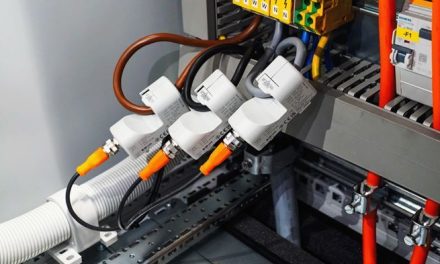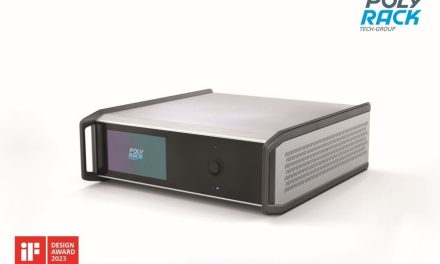 New ground-breaking, micro-porous metallic material has been created as a result of pioneering metallurgy research conducted at the University of Liverpool. Developed by Versarien, the VersarienCu product is potentially up to ten times more effective at transferring heat energy than conventional micro-channel heat sinks of equivalent size – with a heat transfer coefficient of approximately 150 – 200 kW/m2K.
New ground-breaking, micro-porous metallic material has been created as a result of pioneering metallurgy research conducted at the University of Liverpool. Developed by Versarien, the VersarienCu product is potentially up to ten times more effective at transferring heat energy than conventional micro-channel heat sinks of equivalent size – with a heat transfer coefficient of approximately 150 – 200 kW/m2K.
The company utilised its Lost Carbonate Sintering (LCS) process to produce this material, that allows a homogeneous distribution of micro-fine pores throughout the copper base material. The open cell porous metal structure of the material reduces heat sink weight and physical dimensions, enabling considerably smaller form factors. Pore diameters from 20µm to 1mm can be specified, with porosity levels of up to 85 percent.
This new material is suitable for many different applications, including data communications, renewable energy, power distribution, avionics, defence, automotive, transportation, gaming and motorsport.
“The increased complexity of semiconductor devices and on-going reduction in their footprint means that heat generated at board level is rising sharply. If this heat cannot be dissipated effectively then system reliability is put at risk,” states Neill Ricketts, CEO and Founder of Versarien.
“Simultaneously the migration from incandescent lamps to solid state lighting, while offering many environmental and performance benefits, sets major challenges for engineers when it comes to dealing with the large quantity of heat produced.”
“The LCS process used to create VersarienCu presents a simple, highly versatile and cost-effective way to create porous metals for heat transfer activity,” Ricketts continued. “The fine, open, interconnected pores formed allow major performance improvements to be realised – with thermal transfer levels that are an order of magnitude better than what alternative thermal management solutions currently on the market are capable of.”
Versarien



